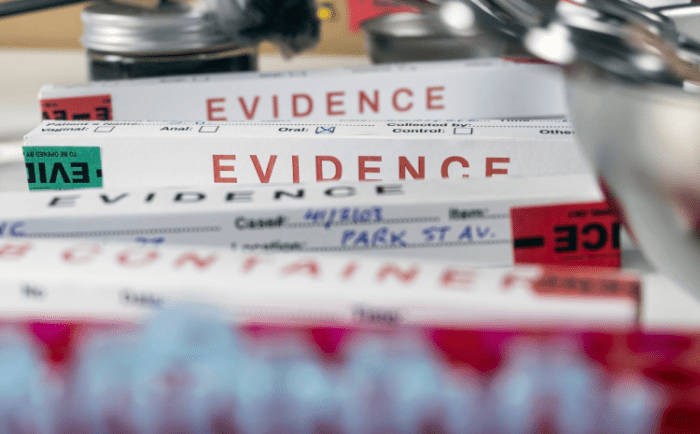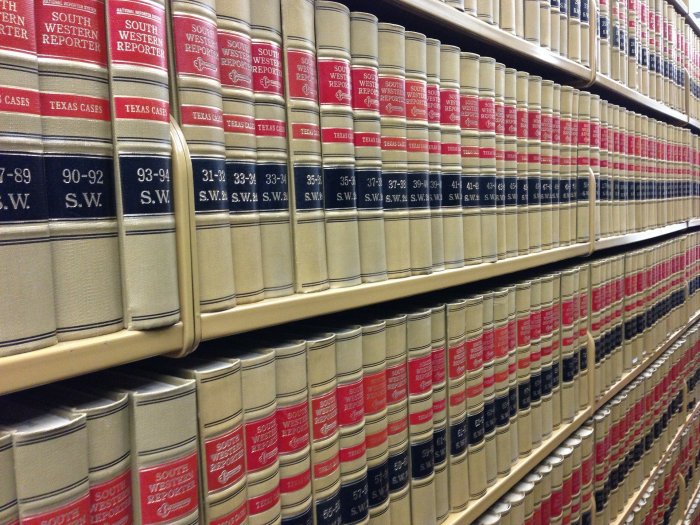Testimony preservation and discovery are two types of depositions. – Testimony preservation and discovery depositions are two distinct types of depositions, each with its own purpose and process. Understanding the similarities and differences between these two types of depositions is essential for legal professionals and anyone involved in the legal process.
Testimony preservation depositions are primarily used to preserve testimony for future use, while discovery depositions are used to gather information and evidence for use in a trial or other legal proceeding.
Types of Depositions: Testimony Preservation And Discovery Are Two Types Of Depositions.

Depositions are a type of legal proceeding in which a witness gives sworn testimony before trial. There are two main types of depositions: testimony preservation depositions and discovery depositions.
Testimony Preservation Depositions, Testimony preservation and discovery are two types of depositions.
Testimony preservation depositions are taken to preserve the testimony of a witness who is expected to be unavailable at trial. The purpose of this type of deposition is to create a record of the witness’s testimony that can be used at trial if the witness is unable to testify in person.
Testimony preservation depositions are typically taken before the trial date has been set.
Discovery Depositions
Discovery depositions are taken to gather information from a witness about the case. The purpose of this type of deposition is to help the parties prepare for trial by learning about the witness’s knowledge of the facts of the case.
Discovery depositions are typically taken after the trial date has been set.
Similarities and Differences
Testimony preservation depositions and discovery depositions are both legal proceedings in which a witness gives sworn testimony. However, there are some key differences between the two types of depositions.
Similarities
- Both types of depositions are taken under oath.
- Both types of depositions are recorded and transcribed.
- Both types of depositions can be used at trial.
Differences
- Testimony preservation depositions are taken to preserve the testimony of a witness who is expected to be unavailable at trial. Discovery depositions are taken to gather information from a witness about the case.
- Testimony preservation depositions are typically taken before the trial date has been set. Discovery depositions are typically taken after the trial date has been set.
- Testimony preservation depositions are typically shorter than discovery depositions. Discovery depositions can be much longer, depending on the amount of information that is being sought.
Advantages and Disadvantages

Advantages of Testimony Preservation Depositions
- Testimony preservation depositions can help to ensure that the testimony of a witness is preserved for trial.
- Testimony preservation depositions can help to avoid the need for a witness to testify at trial if they are unavailable.
- Testimony preservation depositions can help to reduce the cost of trial preparation.
Disadvantages of Testimony Preservation Depositions
- Testimony preservation depositions can be expensive.
- Testimony preservation depositions can be time-consuming.
- Testimony preservation depositions may not be necessary if the witness is able to testify at trial.
Advantages of Discovery Depositions
- Discovery depositions can help the parties to gather information about the case.
- Discovery depositions can help the parties to prepare for trial.
- Discovery depositions can help to identify and resolve potential issues in the case.
Disadvantages of Discovery Depositions
- Discovery depositions can be expensive.
- Discovery depositions can be time-consuming.
- Discovery depositions can be adversarial.
Uses and Applications
Uses of Testimony Preservation Depositions
- Testimony preservation depositions are used to preserve the testimony of a witness who is expected to be unavailable at trial.
- Testimony preservation depositions are often used in cases where the witness is elderly, ill, or out of the country.
- Testimony preservation depositions can also be used to preserve the testimony of a witness who is expected to be hostile or uncooperative at trial.
Uses of Discovery Depositions
- Discovery depositions are used to gather information from a witness about the case.
- Discovery depositions are often used to learn about the witness’s knowledge of the facts of the case.
- Discovery depositions can also be used to identify and resolve potential issues in the case.
Legal Considerations

Legal Considerations for Testimony Preservation Depositions
- Testimony preservation depositions must be taken in accordance with the rules of civil procedure.
- The witness must be given notice of the deposition and must be present at the deposition.
- The deposition must be recorded and transcribed.
- The witness must be given an opportunity to review and correct the transcript of the deposition.
Legal Considerations for Discovery Depositions
- Discovery depositions must be taken in accordance with the rules of civil procedure.
- The witness must be given notice of the deposition and must be present at the deposition.
- The deposition must be recorded and transcribed.
- The witness must be given an opportunity to review and correct the transcript of the deposition.
- The parties may object to questions that are irrelevant, immaterial, or privileged.
Best Practices

Best Practices for Conducting Testimony Preservation Depositions
- Give the witness plenty of notice of the deposition.
- Prepare the witness for the deposition.
- Be respectful of the witness.
- Ask clear and concise questions.
- Allow the witness to review and correct the transcript of the deposition.
Best Practices for Conducting Discovery Depositions
- Give the witness plenty of notice of the deposition.
- Prepare for the deposition by reviewing the case file and identifying the areas that you want to cover.
- Be respectful of the witness.
- Ask clear and concise questions.
- Allow the witness to review and correct the transcript of the deposition.
- Object to questions that are irrelevant, immaterial, or privileged.
Ethical Considerations
Ethical Considerations for Testimony Preservation Depositions
- The attorney taking the deposition should not coach the witness or try to influence the witness’s testimony.
- The attorney taking the deposition should not ask questions that are irrelevant, immaterial, or privileged.
- The attorney taking the deposition should not harass or intimidate the witness.
Ethical Considerations for Discovery Depositions
- The attorney taking the deposition should not coach the witness or try to influence the witness’s testimony.
- The attorney taking the deposition should not ask questions that are irrelevant, immaterial, or privileged.
- The attorney taking the deposition should not harass or intimidate the witness.
Key Questions Answered
What is the purpose of a testimony preservation deposition?
A testimony preservation deposition is used to preserve the testimony of a witness for future use, such as in a trial or other legal proceeding.
What is the purpose of a discovery deposition?
A discovery deposition is used to gather information and evidence for use in a trial or other legal proceeding.
What are the similarities between testimony preservation and discovery depositions?
Both testimony preservation and discovery depositions are conducted under oath and are recorded by a court reporter.
What are the differences between testimony preservation and discovery depositions?
Testimony preservation depositions are typically used to preserve testimony for future use, while discovery depositions are used to gather information and evidence for use in a trial or other legal proceeding.